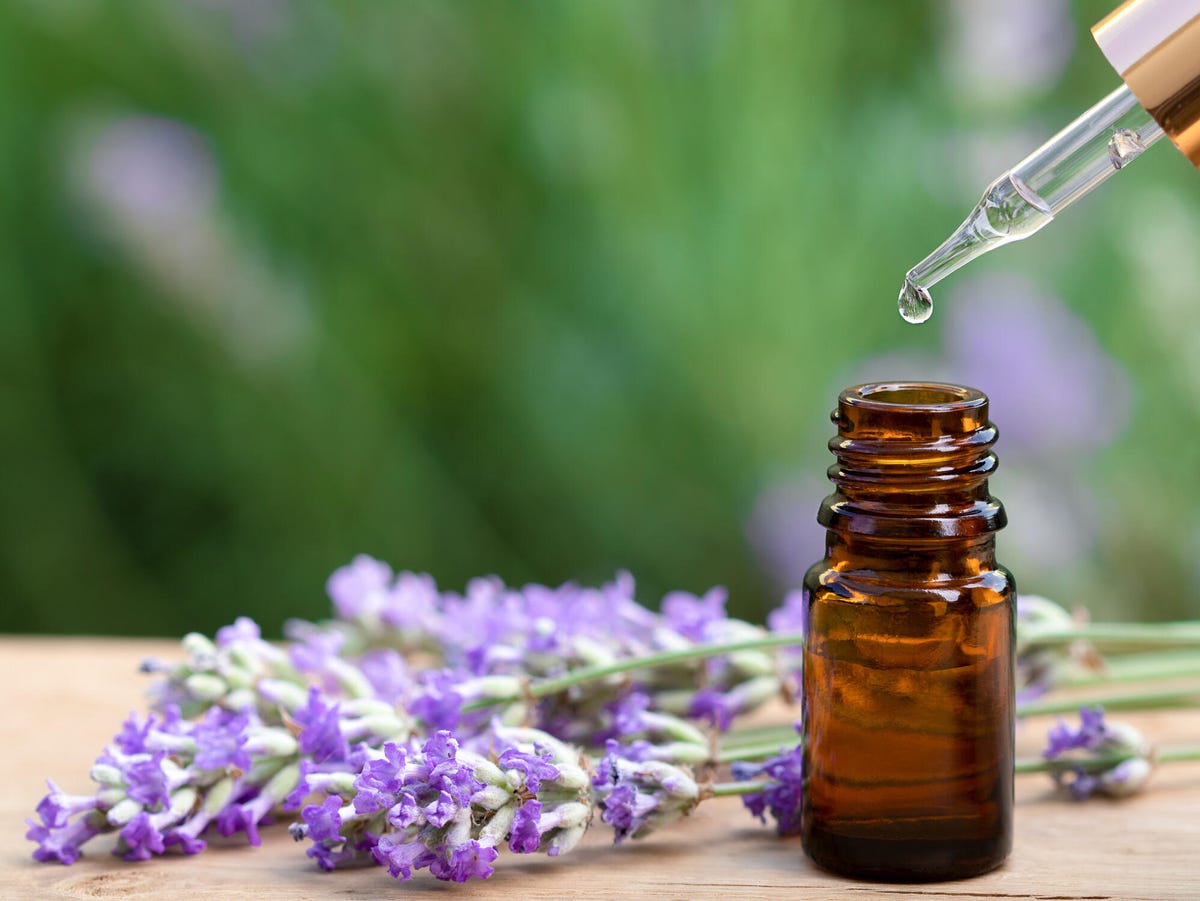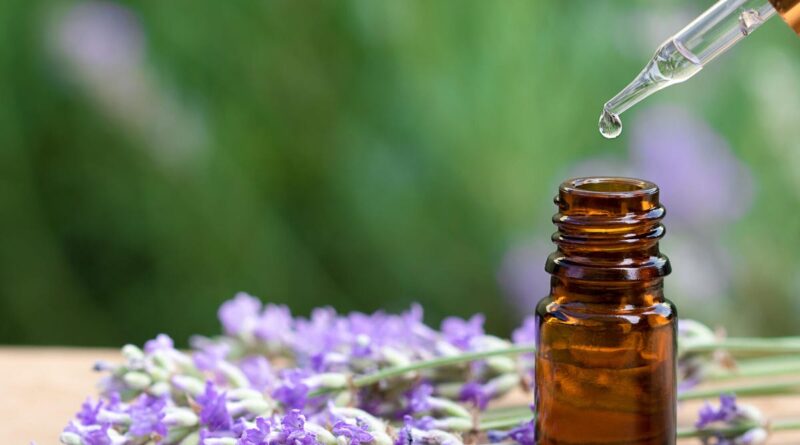9 Natural Remedies to Reduce Anxiety Without Medication
At some point, all of us have anxiety. But when it starts to interfere with your daily activities, it can turn into an anxiety disorder. According to the American Psychiatric Association, about 30 percent of people have anxiety disorders. This latest estimate is much higher than the 19% reported in the early 2000s by the US National Institute for Mental Health. Fortunately, anxiety is treatable, and there are many types of treatment.
Medication and therapy are two of the most common treatments for anxiety, and they are very effective. But there are also natural remedies for anxiety such as exercise, meditation and breathing exercises that can help manage your symptoms.
Read more: Best Online Mental Health Services
What is anxiety?
Anxiety — in small doses — is a normal part of human life. However, it can become a serious problem when it becomes too frequent, intense or out of touch with reality. Health anxiety can alert us to potential threats and increase our speed of response. But with anxiety disorders, people may feel excessive anxiety or fear of other familiar things. In these cases, the brain may not function normally. Some of the more common types of anxiety disorders are listed below.
- Common anxiety disorders: This is the most common form of anxiety. When the onset of anxiety can appear in many situations or different events, without a clear connection to one type, it is often classified as generalized anxiety.
- Obsessive compulsive disorder: OCD involves a combination of obsessions and compulsions. Conventions are often practices or methods to prevent or reduce the intrusion of extreme thoughts and feelings.
- Anxiety disorder: Panic is similar to anxiety but more extreme. A panic attack can feel like a heart attack or other life-threatening event and comes with overwhelming feelings of fear or dread.
- Post-traumatic stress disorder: PTSD is a reaction to a traumatic event or series of events. The impact of these events is so intense that the mind and body can feel it over and over again.
- Social anxiety disorder: Many people feel anxious when participating in or thinking about social situations. However, it can be a social anxiety disorder if these feelings are debilitating and recurring.

9 natural remedies for anxiety
Although natural remedies for anxiety can help many people, these are not always enough to deal with anxiety disorders. If you find that natural remedies are not helping you enough with your anxiety, consider talking about anxiety treatment with a mental health professional.
1. Limit your caffeine intake
Caffeine is a stimulant, and in many ways, anxiety is a state of confusion.
Caffeine consumption can affect anxiety in individuals, but the relationship is sometimes difficult. Some research has shown that high levels of caffeine consumption are associated with increased anxiety in men but not women. However, other studies have shown that low levels of caffeine intake can be associated with reduced anxiety experiences.
The way caffeine affects your body can vary greatly between people. Let’s say you notice a lot of anxiety in the first hour or two after consuming caffeine. In that case, you might try eating less next time and see if that reduces the anxiety.
2. Use aromatherapy to relax
Smell plays a special role in the human body. This sense is more directly related to the brain than the other senses. Based on smell, our brain can get important information about our environment and how we should respond. For example, in situations of anxiety, the sense of smell becomes biased towards detecting threats.
A pleasant, comforting scent can be a helpful way to interrupt this cycle. Removing odors associated with threats and replacing them with those associated with comfort, pleasure and safety can reduce anxiety. Another study showed a strong correlation between inhaling a certain scent (in this case, rose water) and a decrease in some patients.
3. Try herbal teas or supplements
If you have high levels of anxiety, a warm cup of herbal tea it can help in many ways. The practice of sitting still and drinking tea, as well as drinking warm water, can all help calm and soothe the body. In addition to this, research has shown a positive relationship between drinking some teas and reducing anxiety, and this home remedy is starting to look even better.
Studies have consistently shown levels of herbal tea consumption to be associated with reduced anxiety experiences. These studies are limited by the amount of tea used and the number of people involved. However, many of them provided valuable information. One showed that lavender herbal tea can have a strong anxiety-reducing effect in adults. Another study is pursuing the long-term effects of chamomile on common anxiety disorders, with preliminary research showing some promise.
4. Practice deep breathing
Many therapists and psychologists recommend it breathing patterns for reducing anxiety and finding calmness. Another benefit of deep (diaphragmatic) breathing is the reduction of cortisol — the stress hormone — in the body.
Another deep breathing technique that has shown significant promise is known as box breathing. The core of this technique involves breathing fully and holding the count of four for each breath. A simple version looks like this: breathe in for four, hold for four, breathe in for four, hold for four and repeat the process.
5. Meditation and awareness
Both meditation and mindfulness techniques have been shown to reduce anxiety experiences. However, studying these mechanisms within a clinical setting has been challenging, and further research is needed.
Many people report positive feelings and anxiety resulting from meditation and mindfulness practices. A meta-study on the effects of mindfulness-based therapy has shown a significant relationship between mindfulness practices and anxiety reduction. Similarly, a meta-analysis of studies of meditation as a treatment for anxiety has shown promise. However, in the last case, it was said that although these methods can reduce the experiences of anxiety, their clinical effect on the problem requires more study.
6. Exercise every day
Exercise regularly is one of the most recommended anxiety home remedies. The Mayo Clinic says exercise can help release endorphins, calm your mind, improve self-confidence and promote social connections.
Although you don’t have to exercise every day, it is recommended to keep five days a week. A little exercise may have benefits for anxiety, but it may not make it easier.
7. Use information to deal with things
Journaling is a technique that has been used to help deal with anxiety for a long time. With anxiety, the mind often fails to process emotions and events in a healthy and coherent way. Writing down these feelings and events can help the brain slow down and process individual parts. While journaling can make feelings feel harsh at first, it can also help bring resolution and catharsis.
Journaling regularly can help reduce or prevent severe anxiety, although the impact varies from person to person. Other studies have sought to bring the newspaper into the digital age and have conducted online experiments involving journalism. Like other studies in the journal as a method of coping with anxiety, the PAJ online study found that people reported improvement in symptoms after enough time to use the method.
Read more: Best Weighted Blankets
8. CBD products
Recent studies and trends are looking at CBD, a cannabinoid found in cannabis and hemp plants, as a treatment for anxiety. A limited review of such research has found that CBD can be a helpful tool in the treatment of anxiety. However, more research is needed to understand what the problems are and under what conditions CBD can be an effective treatment.
In part because of the legal status of CBD and the plant it comes from, quality research has been limited. When the market and laws are stable (CBD can be extracted from hemp, which is now federal law) more research will be done. Until then, using CBD for anxiety may be controversial among medical professionals. More clinical trials are needed to determine the potential benefits and side effects of CBD products.
9. Sleep with a heavy blanket
Studies have shown that using heavy blankets can help reduce anxiety experiences. Research in this area is limited, and more study is needed before blankets become a clinically accepted treatment for anxiety. But for most people, there is no harm in trying heavy blankets to help with anxiety. The feeling of sleeping under these blankets can be like a hug.
Important point
Although the treatment of chronic and severe anxiety often requires the help of a medical professional, many of the daily symptoms can be alleviated to some extent with natural remedies for anxiety. If you still have persistent or severe symptoms despite using home remedies, talk to a medical professional (perhaps a the healerpsychologist or a psychiatrist) to discuss treatment plans for anxiety. Although often focused on counseling and medication, many of these plans can include natural remedies for anxiety.
For more advice on mental health, here are five tips to reduce anxiety before bed and sleep welltogether seven stress relief strategies that really work.
#Natural #Remedies #Reduce #Anxiety #Medication

